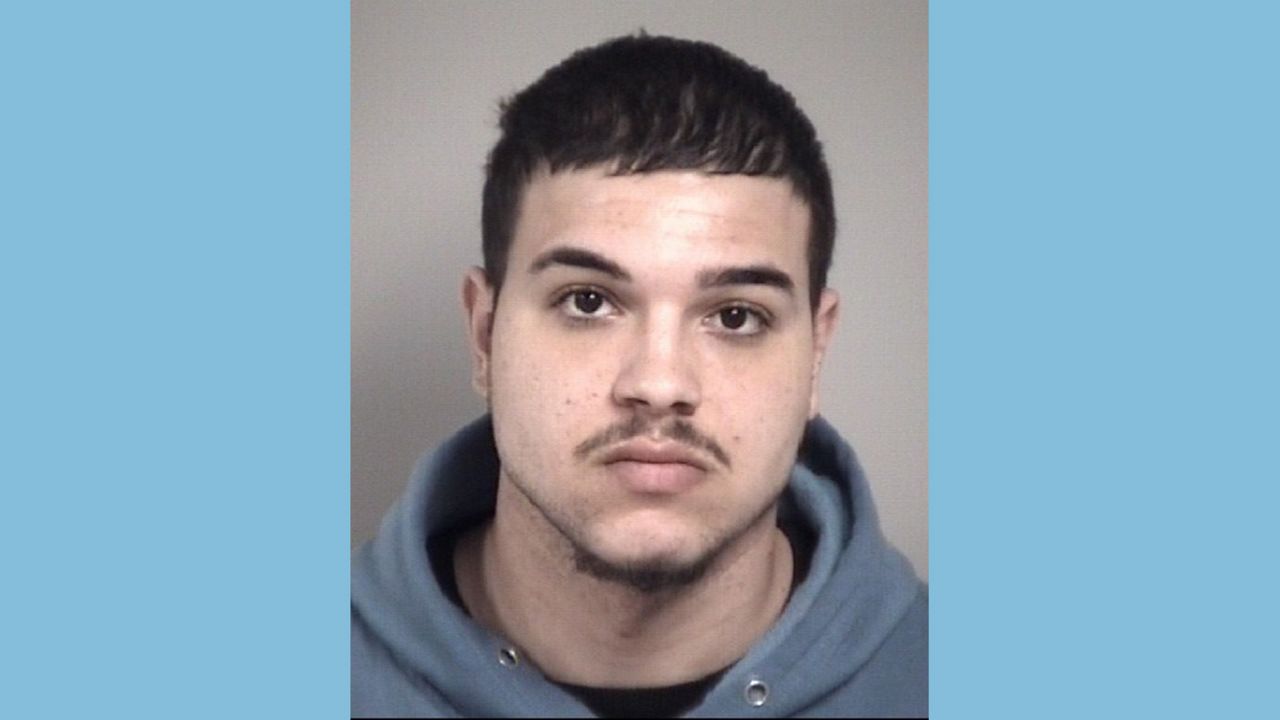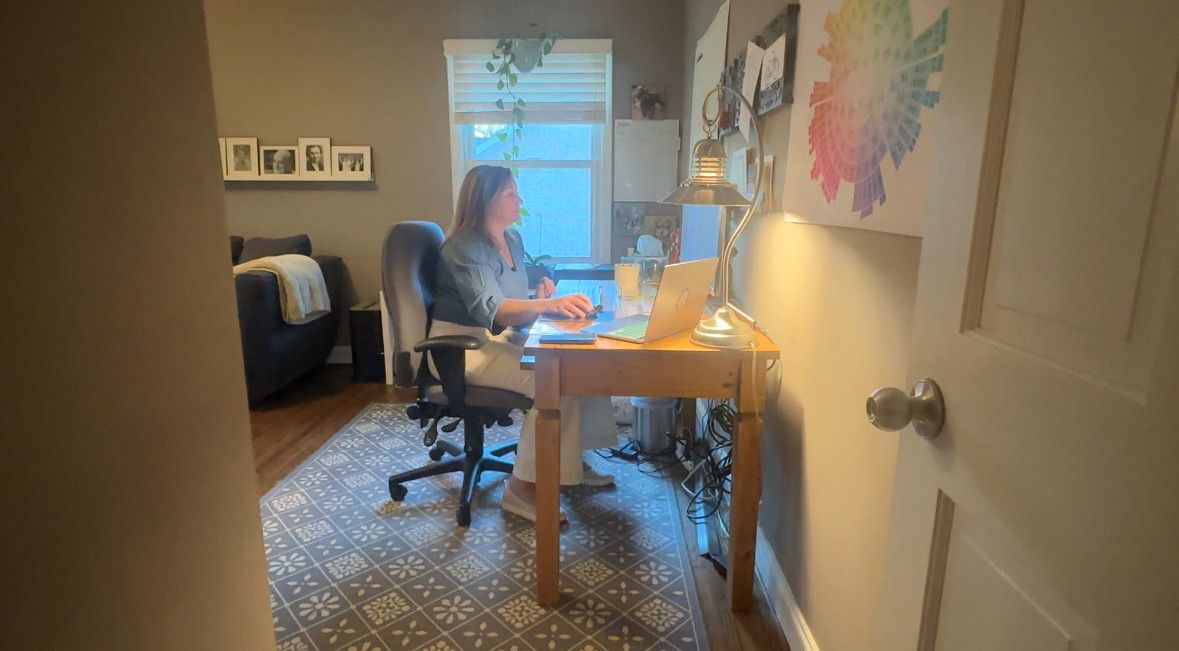CHARLOTTE, N.C. — Data shows North Carolina is expected to become the seventh most populated state by the early 2030s.
Business leaders are applauding a recent move by lawmakers to support communities trying to keep up with the anticipated growth.
On Monday, North Carolina Senate members introduced the Mecklenburg Transportation Referendum bill.
If passed, it would authorize the Mecklenburg County Board of Commissioners to implement a one-cent sales tax increase.
The City of Charlotte said the one-cent sales tax could generate over $19 billion.
The extra dollars would be used to improve transportation and road projects across the Mecklenburg County area.
"We got 117 people moving to this region every single day,” said Joe Bost, chief advocacy officer for the Charlotte Regional Business Alliance. “It's past time for us to put forward a plan which we’ve been able to do and work collaboratively with leaders in Raleigh to help us advance that.”"We got 117 people moving to this region every single day,” said Joe Bost, chief advocacy officer for the Charlotte Regional Business Alliance. “It's past time for us to put forward a plan which we’ve been able to do and work collaboratively with leaders in Raleigh to help us advance that.”
Bost said Charlotte-area leaders have long been pushing for this tax proposal.
“This is momentous, it’s been several years in the making as it relates to trying to move our transportation system forward to accommodate the growth we’re experiencing in the Charlotte region,” Bost said.
One project benefiting from the tax bump is the long anticipated Red Line.
The rail service would connect Charlotte to surrounding areas like Cornelius and Huntersville.
“We want people to come here for opportunity and for them to have the ability to go to work,” Charlotte Mayor Vi Lyles said. “A transportation system is exactly what we will need as we continue to grow, as we continue to give people opportunities to work wherever they choose.”
North Carolina Senate President Pro Tempore Phil Berger and House Speaker Destin Hall discussed the bill during the Advocacy in Action series in Charlotte.
“I think we're heading in the right direction,” Hall said. “I think so many folks recognize the need for it in this area due to the growth. It doesn't mean it’s going to be easy."
But leaders said there’s still a ways to go before county leaders add a penny onto the sales tax.
The General Assembly must pass the transportation referendum bill. It would then be upon voters to either accept or reject the tax increase once it appears on a referendum.
“It’s incumbent on all of us to make sure we’re educated about what appears on our ballots and this is no different. I think we have an opportunity to do something transformational in this market,” Bost said.
Spectrum News 1 talked with some Mecklenburg County residents who intend on voting yes if it appears on the referendum.
One resident said he doesn't mind a tax hike if it will improve transportation options in the Charlotte area.
But some people said they feel differently.
Rakiya Nesbit is a videographer and photographer in Mecklenburg County.
Nesbit has felt the impact of the area’s growth.
“We have new people coming to Charlotte and wanting to reside in that area, so it obviously makes traffic a lot more worse than normal,” Nesbit said. “We just need better options to make Charlotte easier to get around."
Although Nesbit feels something must be done to improve transportation and congestion, the photographer doesn’t feel a tax increase is the best way to achieve it.
“Groceries are high, now that's another thing we have to worry about increasing. Where are we going to get a break from,” Nesbit said.
During the alliance event, lawmakers also discussed the need for more resources to help those rebuilding after Helene.
Hall said lawmakers are laser focused on relief for people in western North Carolina. These concerns are rooted in what they’ve witnessed families go through from a previous weather event.
Hall said there are still many neighbors trying to bounce back from Hurricane Matthew, which hit the area in 2016.
“We’ve spent tremendous amounts of money in eastern North Carolina on storm relief and yet, over a thousand people living in hotels nearly a decade later. We got to fix that issue in eastern North Carolina and make sure it doesn't happen that way in western North Carolina,” Hall said.
Lawmakers estimate the damages from Helene to be well over $50 billion. Hall said they expect that number to continue rising.












